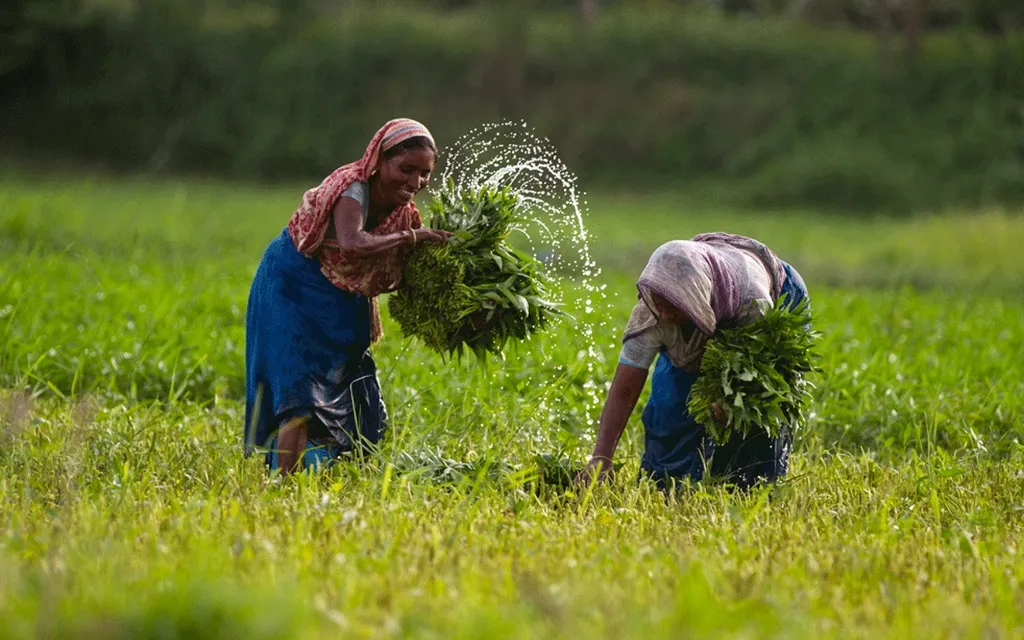In the heart of Bangladesh, a quiet revolution is taking root, one that promises to transform the way agriculture is practiced and perceived. Dr. Md. Nahid Mahmud, a researcher at IUBAT- International University of Business Agriculture and Technology in Dhaka, is at the forefront of this change, exploring how modern technologies can boost agricultural productivity and sustainability. His recent study, published in the journal Plant Trends (translated to English as Plant Trends), offers a comprehensive look at the progress and prospects of modern agricultural tools in Bangladesh, a country where agriculture is both a way of life and a significant economic driver.
The study highlights the critical role that modern agricultural technologies can play in optimizing resource usage and overcoming the limitations of traditional farming methods. “Application of these modern agricultural tools not only improves productivity but also helps to reduce the limitations of traditional farming methods,” Dr. Mahmud explains. This is particularly relevant in a country like Bangladesh, where small-scale farmers often struggle with resource constraints and the impacts of climate change.
One of the key areas Dr. Mahmud’s research focuses on is precision agriculture. This approach uses data-driven decision-making tools to optimize field-level management, ensuring that crops receive exactly what they need for growth. Imagine a farmer in the lush fields of Bangladesh, equipped with a smartphone that provides real-time data on soil moisture, nutrient levels, and weather forecasts. This is not a distant dream but a reality that is increasingly becoming accessible to farmers in the region.
The study also explores the potential of Internet of Things (IoT) based monitoring systems, automated irrigation, and smart seed selection. These technologies can significantly enhance productivity and sustainability, but their successful implementation requires a farmer-centric approach supported by government policies, capacity-building initiatives, and incentives. “Integrating modern technologies and knowledge gaps of traditional farming is crucial,” Dr. Mahmud emphasizes. “Data-driven decision-making tools, mobile-based advisory services, and renewable energy-driven systems could be useful during agricultural crop production.”
The implications of this research extend beyond Bangladesh, offering valuable insights for the global agricultural sector. As the world grapples with the challenges of climate change and the need for sustainable food production, the lessons from Bangladesh could serve as a blueprint for other regions. The study suggests that the future of agriculture lies in the integration of modern technologies, a shift that could redefine the commercial landscape of the energy sector as well.
Dr. Mahmud’s research is a call to action for policymakers, agronomists, and farmers to embrace these modern tools. It opens new avenues for sustainable agricultural production, not just in Bangladesh but around the world. As we stand on the brink of this agricultural revolution, the question is no longer whether we can leverage modern technologies in agriculture, but how quickly and effectively we can do so. The answers, as Dr. Mahmud’s study suggests, lie in the fertile fields of Bangladesh, where the seeds of change are already being sown.

